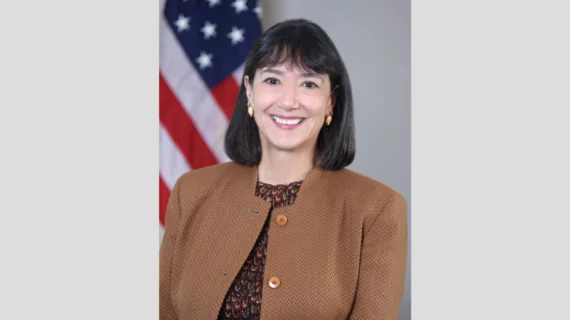NCI director announces breast cancer diagnosis
The director of the National Cancer Institute (NCI), Monica M. Bertagnolli, MD, revealed her breast cancer diagnosis on Dec. 14.
According to her announcement, the prognosis is very favorable, and she will remain in her role at NCI. She also outlined her care plan to receive surgery and possibly more follow-up care after. She is receiving cancer treatment at Brigham and Women’s Hospital and Dana Farber Cancer Institute, where she worked as a surgical oncologist prior to joining NCI, which is part of the National Institutes of Health. In addition to her treatment, Bertagnolli has enrolled in a clinical trial focused on diagnosis.
Bertagnolli’s cancer diagnosis comes as a recent report revealed cancer rates have dropped among men and women from 2015 to 2019. According to Bertagnolli, her cancer was caught early.
“I am grateful that I had access to effective screening and caught this early,” she said in her announcement.
She also recognized that as an oncologist, she now finds herself on the patient side. She will continue her role with NCI and take leave for her treatment. Bertagnolli was appointed director of NCI earlier this year and assumed the role in October 2022.
“I am excited to continue in my role as NCI Director and will take leave as needed with some extra support from NCI’s leadership team,” she said. “I want everyone with cancer to know that they are not alone. NCI is doing everything we can to work together—with all of society—to help more people with cancer live the full and active lives they deserve.”

